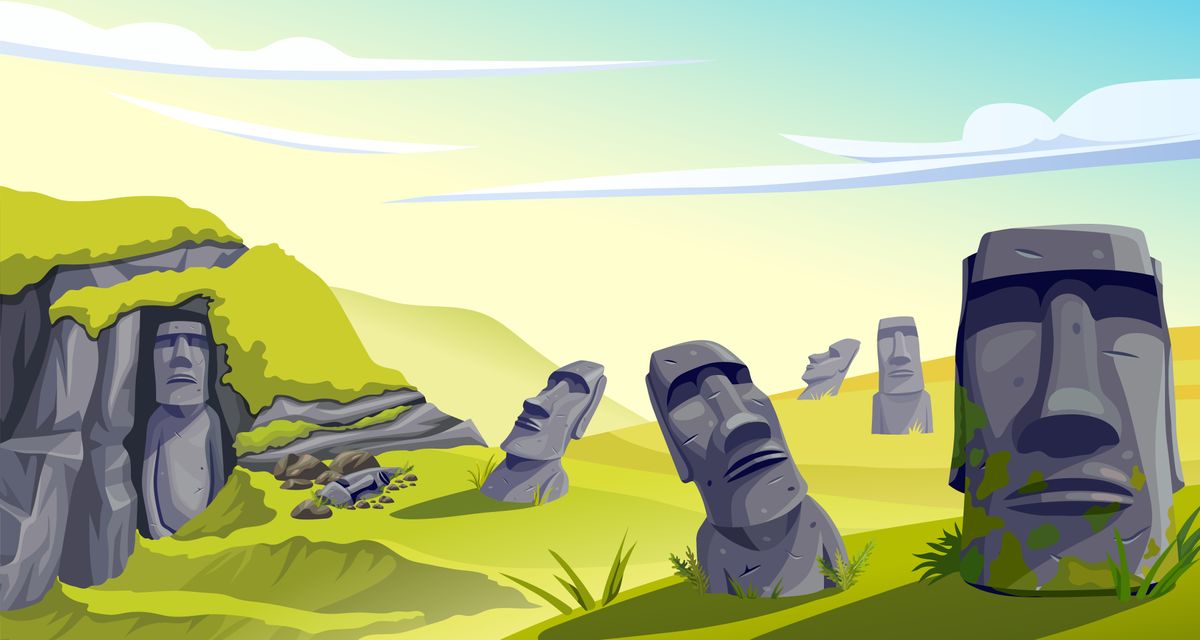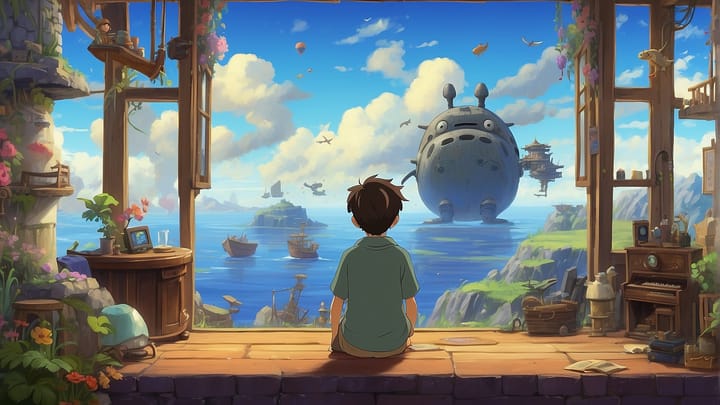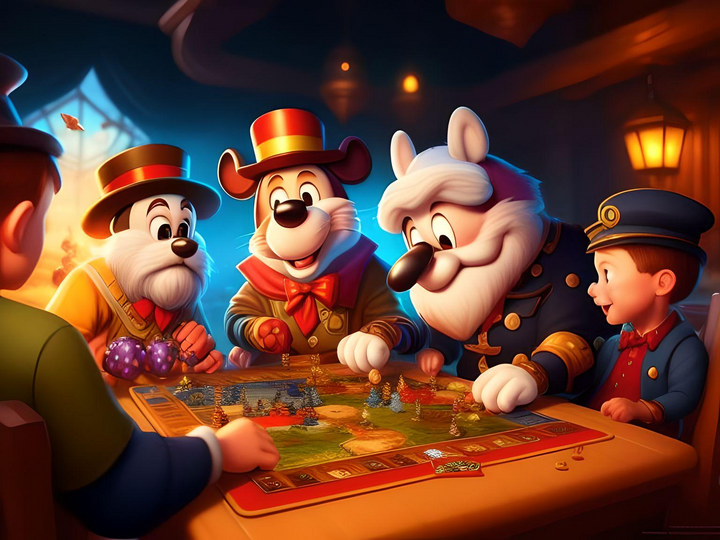Civilization Board Game

There is no denying Sid Meier's Civilization: The Board Game (2010) franchise's commercial success. It's enjoyable, captivating, and compelling.
Build an empire to stand the test of time.
Fantasy Flight Games made the decision to try their hand at the empire-building genre and converted this well-known computer game to a tabletop version. Is it feasible to make a game that requires so much strategy and depth entertaining to play at home?
(null)
(null)
Part of it is successful. Civilization offers a broad tech tree and several paths to success, much like the PC game. Additionally, Civ features a fascinating, inquisitive early game and a frantic, unexpected end game.
🎲 Game Play
Each player in the Civilization board game begins with only one city and a few units, and they then have to struggle to develop those humble beginnings into a prosperous civilization. Each player will begin the game with a distinct civilization, each of which has its own advantages and strengths for obtaining one of the four-win criteria.
Players will be able to traverse a modular game board, construct cities and other structures, engage in combat, discover cutting-edge technology, and draw top talent by developing their culture. There is a civilization out there for every type of player!
A player can get the victory by developing space travel (tech triumph), finishing the cultural track, accumulating 15 coins (economic victory), or capturing the capital of another player (military victory). The winner is the first player to complete one of those.
How To Play Civilization: The Board Game
It's ready to start playing once everyone has chosen their beginning civ and the map has been set up. I should also mention that the game map will be built up differently depending on the number of participants.
(null)
(null)
Fewer players mean less use of tiles. On their initial tile, each player will find their capital city. To symbolize the "fog of war," the remaining tiles are turned face down. On a player's turn, those will be investigated.
The following five phases will comprise each turn, beginning with the player holding the start player token.
Turning begins
Rotate the start token around the table to the following player.
Create a city — By swapping out their scout token for a city tile, a player can find a city. There are regulations that must be adhered to, but in essence, the city needs to have a whole 8 squares accessible surrounding it. Players are limited to two cities until they learn about irrigation technology, which opens up a third.
Change the form of government - A player may now choose to use the new type of government they have learned about.
Trade
Income: Based on the number of symbols in their city's periphery, each player receives trade currency. The major purpose of trade is to finance the development of new technologies.
Trade with other players - Players are able to bargain and exchange goods and services. This can involve resources, extortion, promises, etc.
Managing the City (choose one of the three per city)
Each player will have a number of hammer symbols on the outside of their city. Produce a Unit, Building, or Wonder.
They can use this money right away to purchase structures, army units, scouts, marvels, etc. A player's hammers are not preserved from turn to turn and they can only make one purchase in each city. Use them or lose them, then.
Each player is allowed to move all of their figurines across the map. Figures can travel a maximum of 4 squares at any time as technology advances. They can pay one move point to turn over an unknown map tile in order to disclose more of the world if they walk to it.
Combat will start if an army unit enters a city belonging to another player or a hamlet of barbarians. The game's unusual and less well-liked aspects include the combat.
- Instead of using dice in combat, use cards instead. A certain number of cards are drawn from each player's fighting deck (cards will have been purchased in the city management phase) There will be an infantry, cavalry, artillery, or aircraft on each card (once researched). Each card has four faces with various power levels. A card will employ the higher power values when you improve your units.
- One card is dealt at a time, either facing your opponent or right next to them. Cards that are facing each other will inflict damage; if a card sustains damage equal to its power, it dies and is eliminated. Each card will trump a different one in a manner similar to the rock-paper-scissors game. This enables the trump card to deal the most harm. The defender won't be able to launch a counterattack with it if it kills the defending card.
- After every card has been used, the player with the highest strength remaining is declared the winner and takes the winnings. Power on battle cards and other supplemental bonuses determine strength (such as from city walls, army tokens, and technology).
Research
Players may now use their trade points to fund technological development. The fifth level of technology in the game, which is space flight, has 5 levels (and the technological victory). A player needs both the necessary trade points and a play area in order to purchase a new tech card. A level 2 tech is played atop two level 1 cards because the tech cards create a pyramid. This will lay the groundwork for later technology to build on older ones. I should also mention that a player must use all of their trade points in order to purchase a tech card.
The turn's fundamental flow is as follows. Even if there is a lot going on, after a few rounds of play, things will return to normal. The game didn't seem overly overwhelming thanks to some solid work from Fantasy Flight. Some things had to be made simpler, but it benefited the game's flow.
Turns, in this case, will continue until one of the four requirements for victory has been satisfied.
Personal Experience
I believe this game is fantastic. Due to the map tiles, various unit strengths, the unpredictability of the culture cards, wonderful characters, huts, villages, etc., there is a lot of diversity in this game, which may put some people off.
The starting strength of each player will vary. I don't view this game as a competition to see who is a better player; rather, I view it as a contest to discover who is better at making the most of the resources at their disposal. I still like expanding my empire, even when I start off with unfavorable circumstances like inferior army troops and being encircled by water.
Civilization Board Game is a lengthy game, and player turns might drag while they complete each action in order. Additionally difficult to teach, Civilization contains a number of intricate rules that might be confusing for beginning players.
While there are certain aspects of luck in Civilization, they are rarely decisive. Run-away leader problems are infrequent in the well-balanced game. The production quality is excellent. The army tokens are plain but adequate, the tiles are made of solid cardboard, and the player wheel that totals trade items is a neat addition.
Despite finding Civ's pace and techniques obvious after five games, my group loved it overall. Although there are better 4X Tabletop games available, I would happily play it again in a heartbeat.



